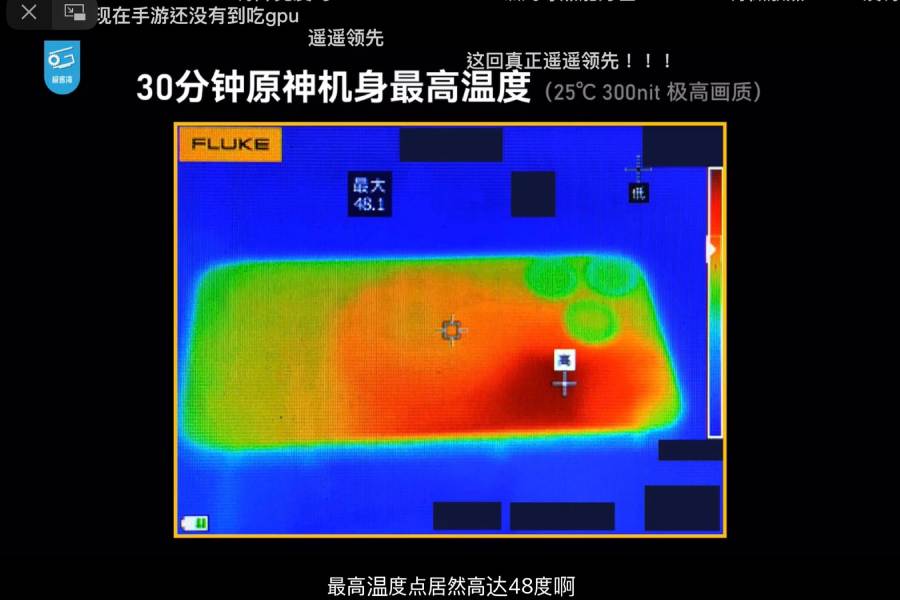The iPhone 15 Pro is shaping up to be a powerful device, but it may come at a cost: overheating. New reports suggest that the phone’s A17 Pro chip, manufactured by TSMC is prone to overheating, even with regular use.

The A17 Pro is Apple’s and in fact world’s first 3nm chip. While this contributes to increased performance, it also seems to be causing the chip to overheat. Tipster Revegnus tweeted back in March that TSMC was struggling with the 3nm process, and as a result, Apple may have lowered its standards for the A17 Pro chip. This means that Apple may have accepted chips that otherwise would have been rejected.
Recently, Revegnus also shared a heatmap of the iPhone 15 Pro that shows the area around the A17 Pro chipset is unsurprisingly the hottest with temperatures reaching 48 degrees Celsius or 118.4 degrees Fahrenheit.

Youtuber Vadim Yuryev believes that Apple increased the wattage of the A17 Pro chip to achieve the benchmark results it wanted, but this increase in power consumption may lead to lower battery life and also cause the phone to heat up more quickly.
Since the iPhone 15 Pro heats up so quickly, it eventually throttles the phone’s performance to prevent damage to its internal components. Also, when the phone can get as hot as 118.4 degrees Fahrenheit it is hot enough to cause a first-degree burn. This is especially concerning because the iPhone 15 Pro doesn’t have a cooling solution.
Reviewer TechTablets has also confirmed that the iPhone 15 Pro Max’s A17 Pro throttling is bad. He says that it took just 2 minutes to lose almost 25% of performance, and after 20 minutes of GPU load, performance had dropped to almost 34%. However, he did note that the benchmark scores are rather impressive for a mobile chipset.
In short, the iPhone 15 Pro seems to be a powerful phone, but it may come at the cost of overheating and throttling. So if you’re planning to buy the latest Pro models, you may want to wait for more reviews to see how this affects the phone’s performance in real-world use.
Related:
- iPhone 15 Pro May Be More Prone to Cracking Than iPhone 14 Pro, Drop Test Suggests
- Apple Stores warn against using Android cables due to potential overheating
- Qualcomm’s New Snapdragon 7s Gen 2 Processor is a Secret Rebrand of Last Year’s Snapdragon 6 Gen 1
- Redmi Note 13 Pro vs Redmi Note 12 Pro: Specs Comparison
- iPhone 15 Pro Max vs Honor Magic5 Ultimate: Specs Comparison
- Best Logitech Gaming Mice 2023 – Lightspeed, Superlight series & more
(Via)







